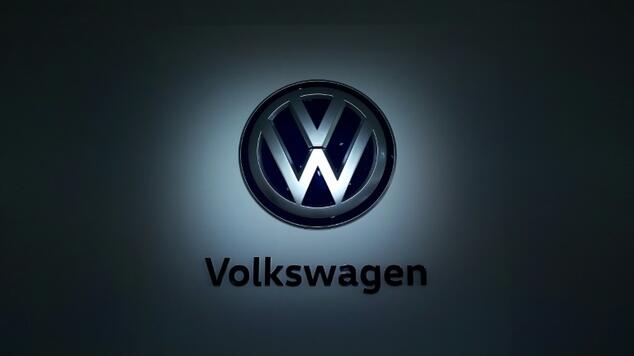Volkswagen has reached a $1 billion agreement with US authorities on a compensation deal for the last 80,000 vehicles affected by its emissions-cheating scandal in the United States, officials said Tuesday.
However, a Justice Department official said a criminal investigation is ongoing, and charges may still be filed against the company — which could bring new penalties.
Nor does the agreement settle the civil lawsuit brought by car owners, which US Judge Charles Breyer said is close to resolution and would involve “substantial compensation.”
Another hearing Thursday could provide further details of that case.
The agreement announced Tuesday, which still needs a judicial green light, would apply to 2009-2016 3.0-liter diesel models including Porsche and Audi vehicles equipped with software designed to defeat emissions tests.
The $1 billion amount will cover buyback, repair and cancelled leases for the affected models, as well as $225 million for a fund to mitigate pollution, Cynthia Giles, a senior official with the Environmental Protection Agency (EPA), told reporters.
At the end of October, a US court endorsed a record-setting $15 billion compensation deal covering almost half a million 2.0-liter VW diesel cars.
The new agreement “is another important step forward in our efforts to make things right for our customers,” a Volkswagen spokeswoman said in a statement. “We are committed to earning back the trust of all our stakeholders.”
Volkswagen has admitted to installing defeat device technology on 11 million cars, including 600,000 in the United States.
The software detects when the car is being tested and turns on required emissions controls, but turns them off during normal driving conditions. This means the cars would emit up to nine times or more above the required limits of pollutants.
– Criminal investigation ongoing –
US Assistant Attorney General John Cruden called the settlement “another significant step in holding Volkswagen accountable for cheating Americans out of the promise of cleaner air by selling vehicles equipped with defeat devices.”
Cruden told reporters in a conference call that the agreement does not cover any criminal or civil cases against VW. No criminal charges have been filed so far, but “there has been criminal investigation going on.”
The new agreement, which Breyer must approve by January 31, is similar to the previous settlement in that owners of older models — those between 2009 and 2012 and referred to as the generation 1 vehicles — can opt to have cars repurchased or repaired, or cancel their leases at no cost.
Newer models — generation 2 — likely can be brought into compliance with current emission standards, the officials said.
If a fix is approved, that would spare VW from having to buy the cars back from owners.
Giles said VW is expected to propose a fix soon, and the EPA would move to approve it “very promptly.”
“Our priority has been to fix ongoing pollution problem,” she said. “It appears very possible the newer vehicles can be fixed.”
Cruden said VW is required to achieve an 85 percent recall rate for the affected cars, and could face further penalties if it falls short of the target.
– Clean up fund –
VW also is required to put $225 million into a fund for projects to reduce nitrogen oxide (NOx), the pollutant at the heart of the scandal. This is in addition to the $2.7 billion in the fund from the prior settlement.
The mitigation trust fund will be administered by an independent trustee, officials said.
Beneficiaries, which may include states, Puerto Rico, the District of Columbia and Indian tribes, may obtain funds for designated NOx reduction projects.
Giles stressed that NOx is a very harmful pollutant that creates smog and soot, and can increase asthma in children.
In a separate settlement with the state of California, the German auto giant agreed to provide at least three new models of electric vehicles for sale in the state — including at least one SUV model — before 2019.
It must add a second electric SUV model by 2020 and keep these electric models on the market through at least 2025.
The company also agreed to pay $25 million by July 1 to support the use of zero emissions vehicles (ZEVs) in California.
Source: AFP











